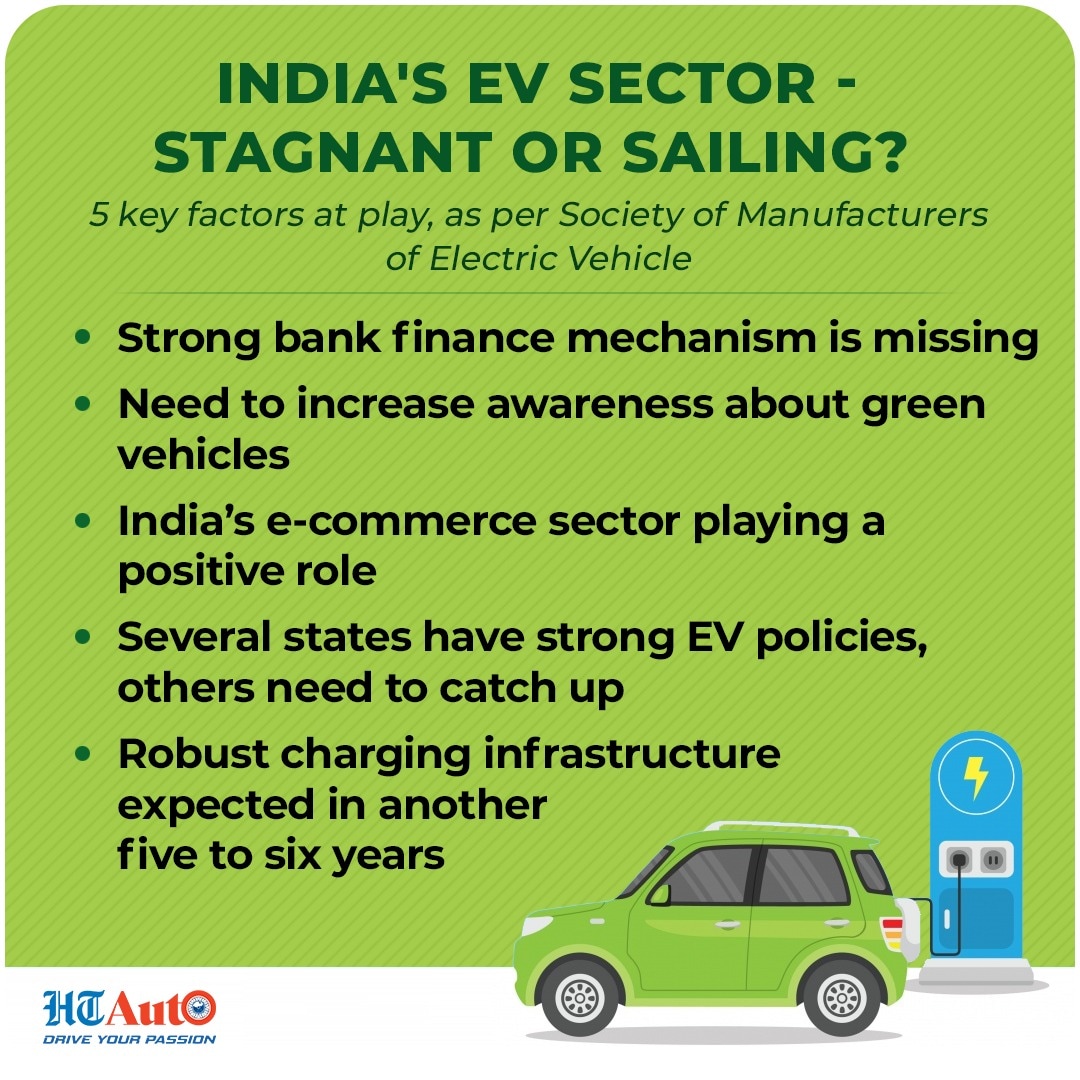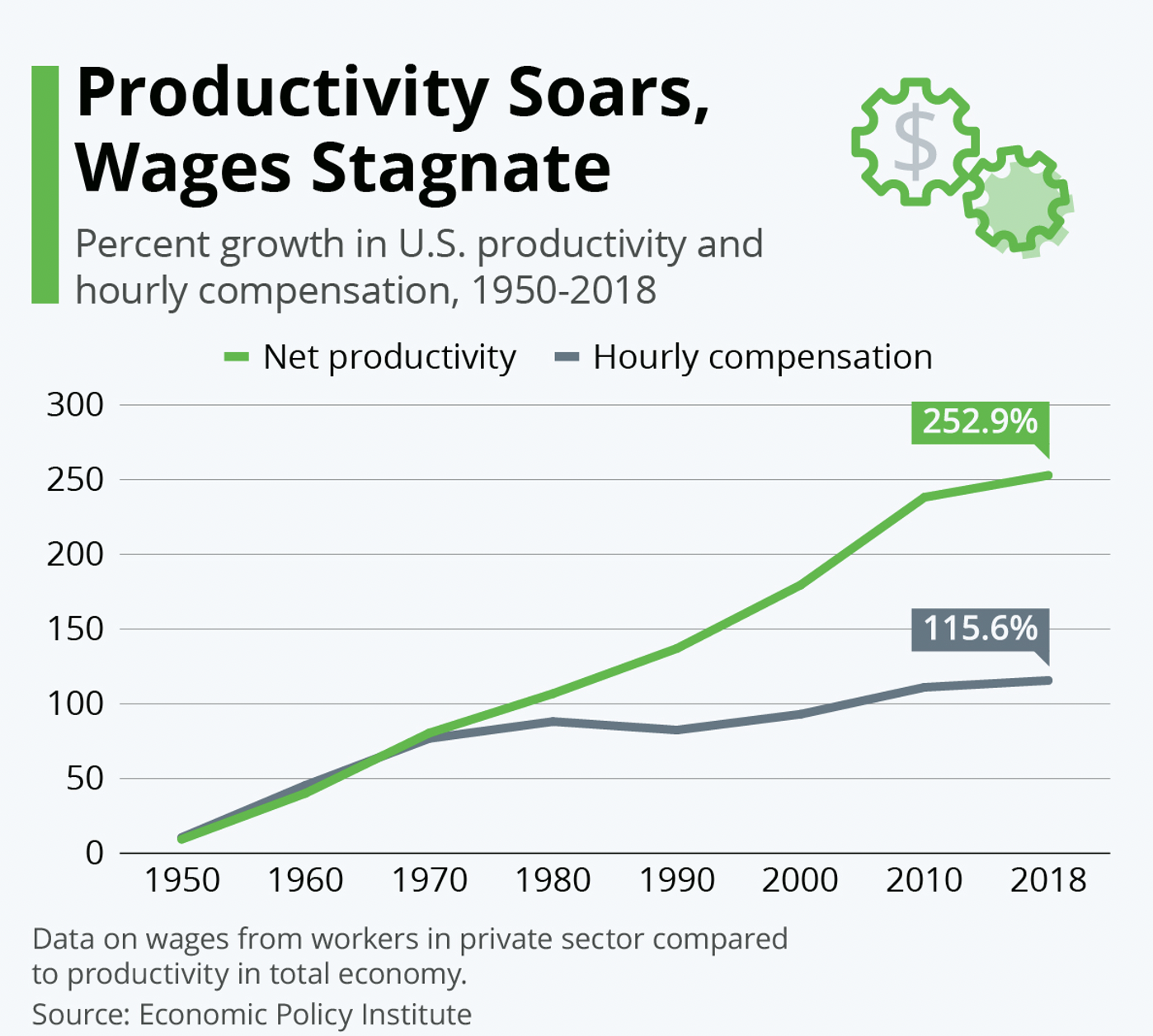Auto Dealers Intensify Fight Against EV Sales Requirements

Table of Contents
Economic Concerns Fuel Dealer Opposition to EV Sales Requirements
A primary driver of dealer resistance to EV sales requirements is the significant economic burden of transitioning to electric vehicle sales. The financial implications are substantial and multifaceted, impacting dealership profitability and long-term viability.
-
High Upfront Investment Costs: Adapting to sell and service EVs requires significant upfront investment. Dealerships must invest in expensive charging infrastructure, including the installation of Level 2 and DC fast chargers, which can cost tens of thousands of dollars. Specialized tools and equipment are also needed for EV repair and maintenance, adding further financial strain. These costs are particularly challenging for smaller dealerships with limited capital.
-
Lower Profit Margins on EVs: Currently, many dealers report lower profit margins on EVs compared to gasoline-powered vehicles. This is partly due to the higher initial cost of EVs, which can impact consumer affordability and sales volume. Additionally, the service and repair revenue from EVs is often lower than that from gasoline cars, reducing a key revenue stream for dealerships.
-
Feasibility of Meeting Quotas: Stringent EV sales quotas present a major challenge for dealerships, particularly in regions with lower consumer demand for EVs. Meeting these quotas might require significant changes to inventory, marketing strategies, and sales training, all of which entail substantial costs and risks.
-
Potential for Stranded Assets: The rapid pace of technological advancements in the EV market creates uncertainty. Dealership investments in specific EV models or charging technologies might become obsolete quickly, leading to stranded assets and financial losses.
-
Lack of Consumer Demand in Certain Regions: Consumer adoption of EVs varies significantly based on geographical location, infrastructure availability, and consumer preferences. In regions with limited charging infrastructure or lower consumer awareness, meeting EV sales requirements can be extremely difficult, creating economic hardship for local dealerships. This disparity underscores the need for a tailored approach to EV mandates.
The Role of Lobbying and Political Influence in Shaping EV Policy
The auto dealer industry is a powerful lobbying force, actively engaging in political processes to influence EV policy at both state and federal levels. Their lobbying efforts significantly impact the shape and implementation of EV mandates.
-
Intensive Lobbying Efforts: Major automotive dealer associations invest heavily in lobbying activities, engaging with lawmakers and regulators to advocate for policies that mitigate the economic burden of EV sales requirements.
-
Influence on Legislation: These lobbying efforts have resulted in several instances of relaxed regulations or delays in the implementation of EV mandates in various states. The industry's political influence plays a critical role in shaping the regulatory landscape surrounding EVs.
-
Arguments Against EV Mandates: Dealer associations typically argue that EV mandates are economically unfeasible, disproportionately impact smaller dealerships, and ignore regional variations in consumer demand. They often advocate for a more gradual transition to EVs.
-
Successful Lobbying Examples: Several states have seen modifications or delays in EV sales requirements following lobbying efforts from dealer groups, highlighting the effectiveness of their political engagement.
-
Counterarguments from EV Advocates: Environmental groups and EV advocates counter these arguments by emphasizing the urgency of addressing climate change and the long-term benefits of EV adoption. They highlight the potential for economic growth in the EV sector and the importance of proactive policies to drive technological innovation.
Consumer Demand and the Reality of EV Adoption Rates
Consumer acceptance of electric vehicles is a crucial factor in determining the success of EV sales mandates. While EV adoption rates are growing, several factors continue to limit widespread consumer acceptance.
-
Current EV Adoption Rates: While EV sales are increasing, they still represent a relatively small percentage of overall vehicle sales, indicating that consumer demand is not yet sufficient to meet stringent sales quotas in many areas.
-
Consumer Concerns: Range anxiety, charging infrastructure limitations, and higher purchase prices remain significant barriers to EV adoption. Consumers often express concerns about the availability of public charging stations, particularly during long journeys.
-
Impact of Government Incentives: Government incentives, such as tax credits and subsidies, have played a crucial role in boosting EV sales. However, these incentives often vary across states and may not be sufficient to overcome all consumer barriers.
-
Technological Advancements: Improvements in battery technology, charging infrastructure, and vehicle range are gradually alleviating some of the concerns surrounding EV ownership. These advancements are crucial for accelerating consumer adoption.
-
Niche Market Potential: Certain segments of the market, such as urban dwellers and environmentally conscious consumers, show greater interest in EVs. Targeting these niche markets could help increase EV sales in the short term.
Addressing the Concerns: Finding a Balance Between Environmental Goals and Economic Viability
Finding a balance between ambitious environmental goals and the economic realities faced by auto dealers is critical for a successful transition to electric vehicles. Several strategies can help address the concerns raised by the dealer community while maintaining progress towards sustainable transportation.
-
Phased Implementation: Gradually increasing EV sales quotas over time will allow dealers to adapt their businesses and invest in necessary infrastructure at a manageable pace, lessening the financial shock.
-
Government Support and Incentives: Increased government support for dealership infrastructure upgrades, employee training, and marketing initiatives can significantly reduce the economic burden of EV adoption.
-
Public-Private Partnerships: Collaboration between government agencies, private businesses, and utility companies is crucial for expanding charging infrastructure and making EVs more accessible to consumers.
-
Economic Incentives for Dealerships: Governments could introduce direct financial incentives for dealerships that successfully meet EV sales targets, fostering greater participation in the transition.
-
Industry Collaboration: Open dialogue and collaboration between auto manufacturers, dealers, and policymakers are essential for developing effective and equitable solutions.
Conclusion
The resistance from auto dealers to EV sales requirements highlights the complex interplay between economic realities, political influence, and environmental imperatives. While the transition to electric vehicles is undeniably crucial for a sustainable future, addressing the legitimate concerns of dealerships is essential for ensuring a smooth and effective transition. Ignoring these concerns risks undermining the broader goal of widespread EV adoption. Understanding the intricacies of the fight against EV sales requirements is crucial for both industry stakeholders and consumers. Learn more about the ongoing debate and its implications for the future of the automotive industry by exploring further resources and engaging in informed discussions. The future of transportation depends on finding a balance, and understanding the complexities surrounding electric vehicle mandates is a critical first step.

Featured Posts
-
 The Great Decoupling Risks And Rewards For Businesses
May 08, 2025
The Great Decoupling Risks And Rewards For Businesses
May 08, 2025 -
 Dont Let Revisionist History Fool You The Thunder Bulls Offseason Trade
May 08, 2025
Dont Let Revisionist History Fool You The Thunder Bulls Offseason Trade
May 08, 2025 -
 La Geometrie Un Atout Majeur Pour Les Corneilles
May 08, 2025
La Geometrie Un Atout Majeur Pour Les Corneilles
May 08, 2025 -
 Brezilya Nin Bitcoin Maas Oedemelerine Iliskin Yeni Yasasi
May 08, 2025
Brezilya Nin Bitcoin Maas Oedemelerine Iliskin Yeni Yasasi
May 08, 2025 -
 Pnjab Hkwmt Ka Ahm Fyslh Pwlys Afsran Ke Tqrr W Tbadle
May 08, 2025
Pnjab Hkwmt Ka Ahm Fyslh Pwlys Afsran Ke Tqrr W Tbadle
May 08, 2025
Latest Posts
-
 Casting
May 08, 2025
Casting
May 08, 2025 -
 Py Ays Ayl Trafy Lahwr Myn Jshn W Hngamh
May 08, 2025
Py Ays Ayl Trafy Lahwr Myn Jshn W Hngamh
May 08, 2025 -
 Lahwr Myn Py Ays Ayl Trafy Shayqyn Ka Jwsh W Khrwsh
May 08, 2025
Lahwr Myn Py Ays Ayl Trafy Shayqyn Ka Jwsh W Khrwsh
May 08, 2025 -
 Krachy Ke Bed Lahwr Myn Py Ays Ayl Trafy Ka Jshn
May 08, 2025
Krachy Ke Bed Lahwr Myn Py Ays Ayl Trafy Ka Jshn
May 08, 2025 -
 Lahwr Myn Gwsht Ky Blnd Asmany Qymtyn Kya Hkwmt Kwyy Hl Nkal Skty He
May 08, 2025
Lahwr Myn Gwsht Ky Blnd Asmany Qymtyn Kya Hkwmt Kwyy Hl Nkal Skty He
May 08, 2025
